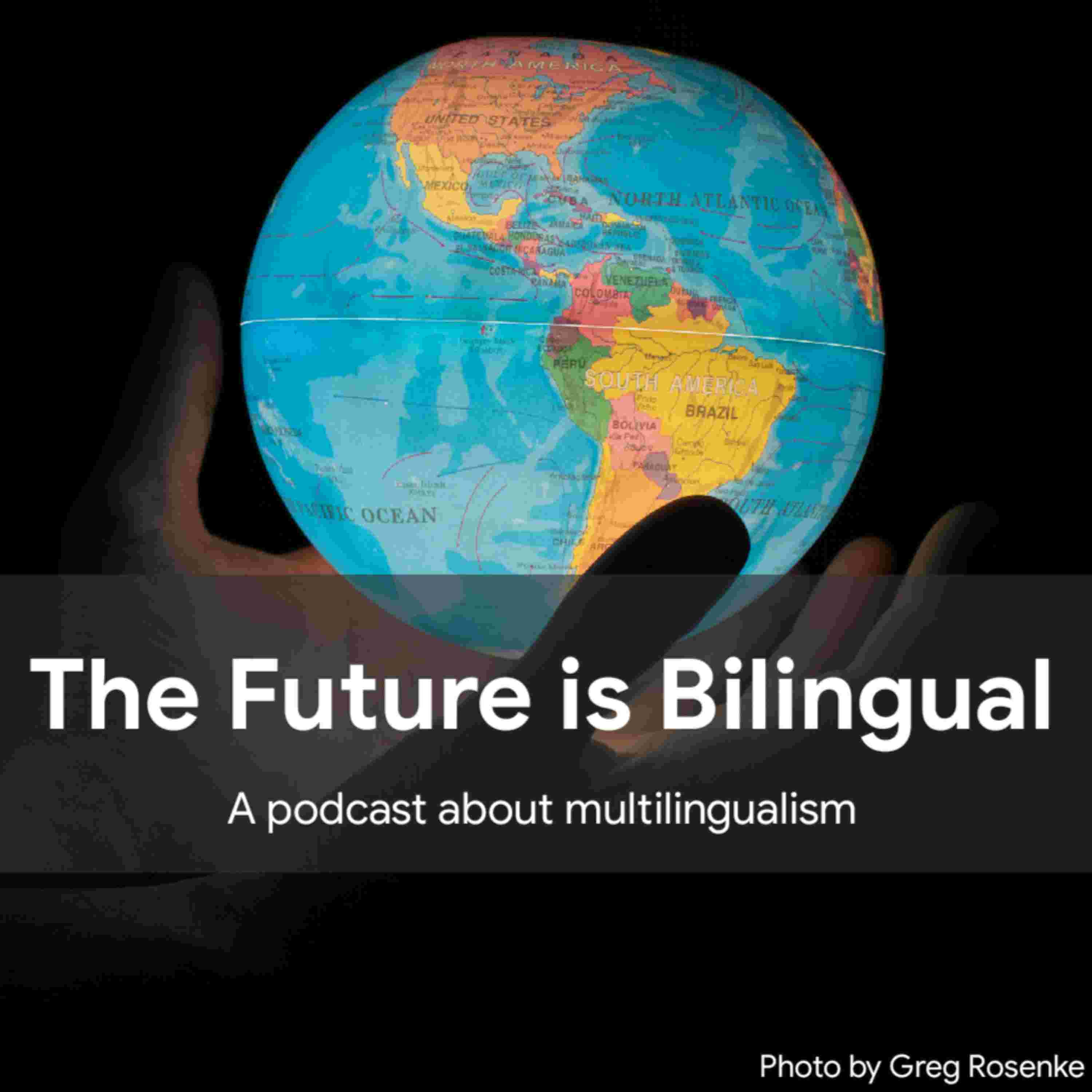

I had the pleasure of sitting down and talking with the brilliant Dr. Ute Limacher-Riebold, a renowned scholar who grew up multilingual and has been working in the field of linguistics and multilingualism for decades.
This first part of our talk focuses on Ute's journey growing up multilingual in Italy with German parents and being immersed early on in many different languages and dialects. We touch on the distinction between a language and a dialect, as that is not always so clear, and the richness that dialects and regional variants bring to a language and to us as the speakers or learners.
Given that much of Ute's language learning happened in an immersive or natural way, we talk about the natural approaches that she has found most helpful, such as watching TV, observing and mimicking how people speak, and picking up the culture through observation.
While there are clear challenges inherent to learning a language that is very different and linguistically far from our own or the ones we speak, it can also be challenging to learn two languages that are similar with slight variations. Ute shares with us what it was like for her to learn 3 languages that are very similar, namely German, Swiss German and Dutch.
We end this first part of our talk with a discussion on code-switching and language mixing and what it means for the bilingual or multilingual child and family. Is it okay? When should we be worried about it? Listen to find out.